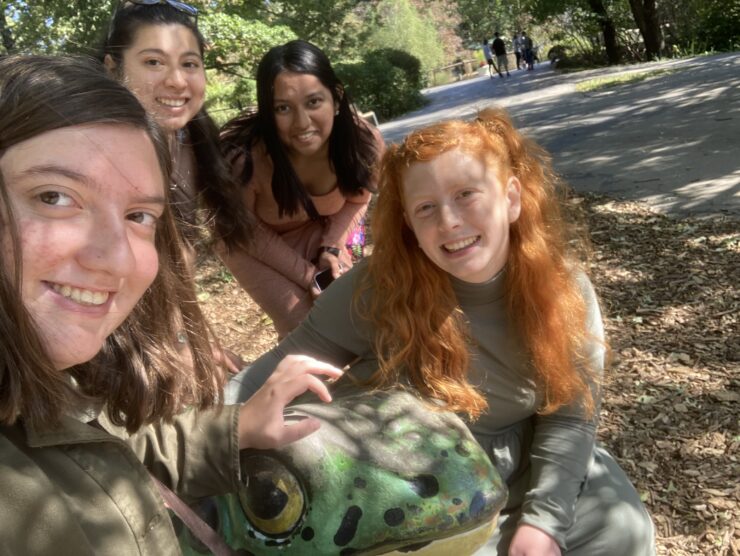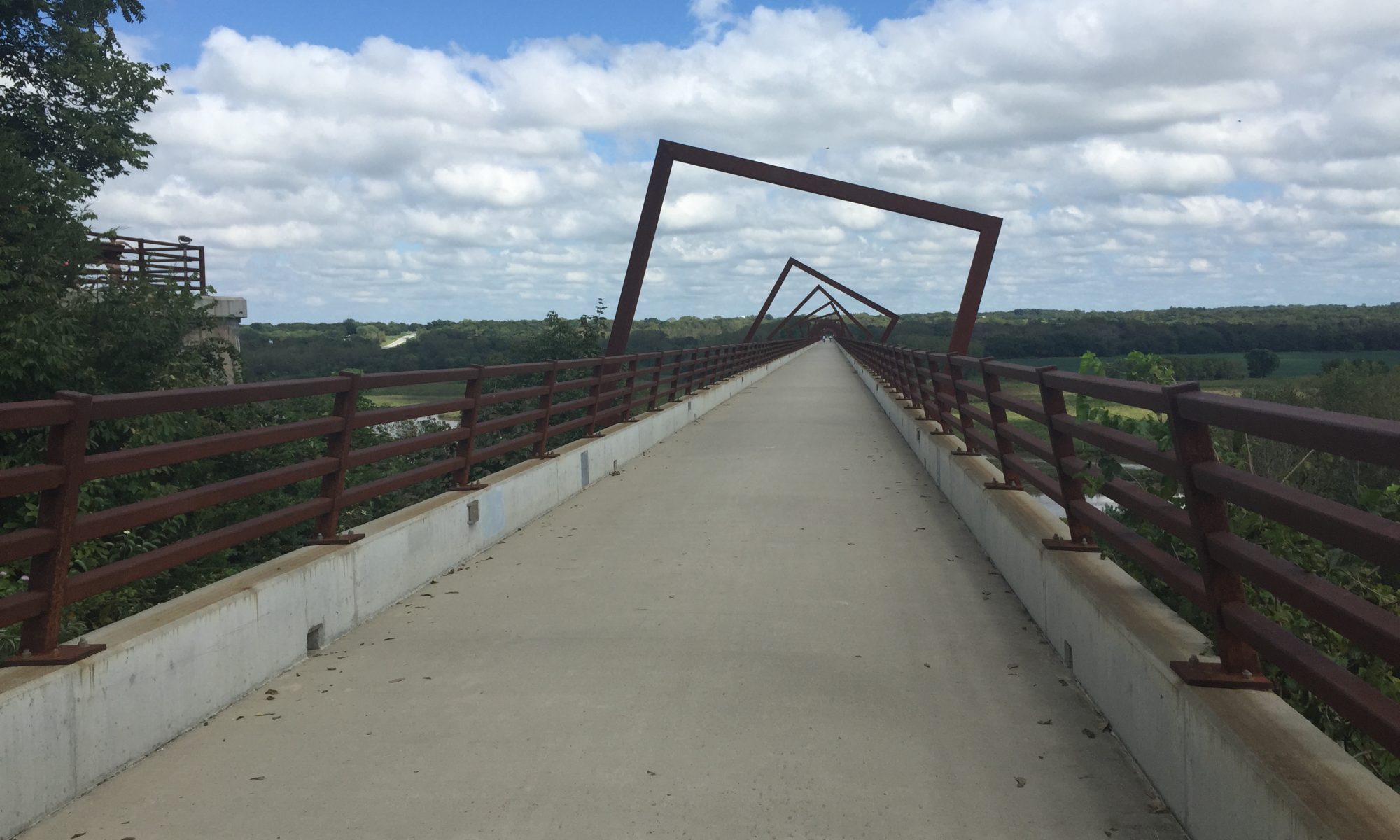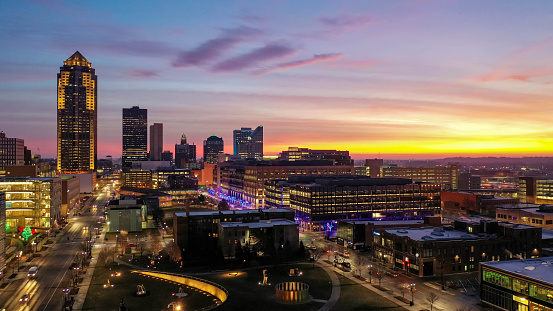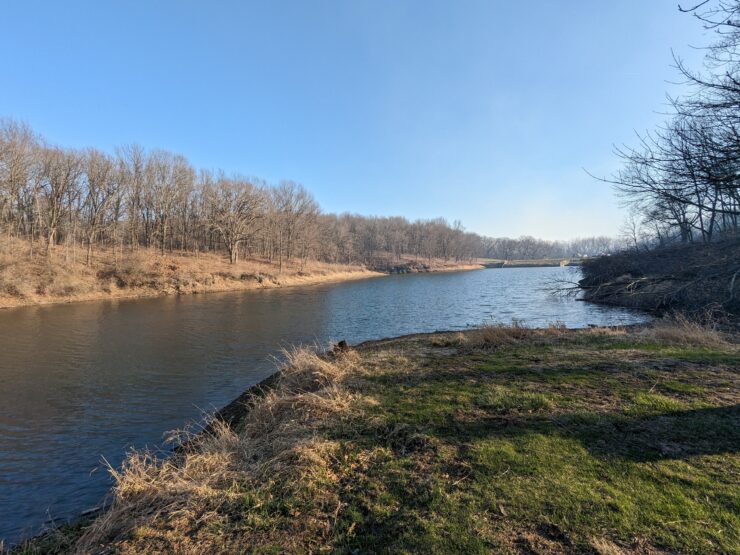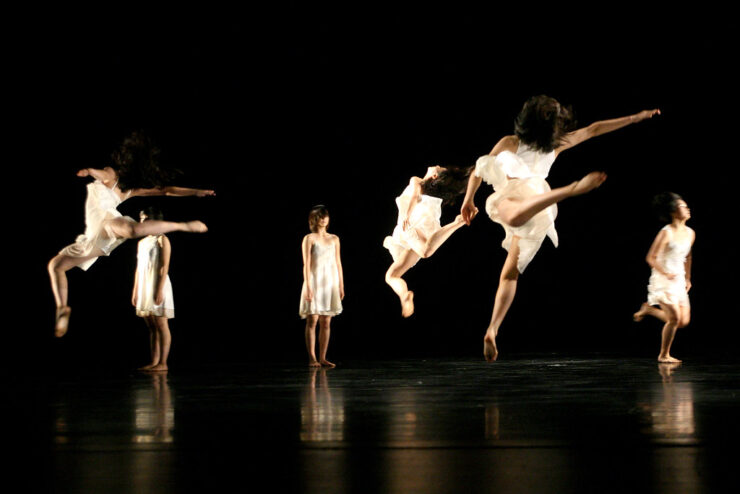Not aiming to have another boring weekend just sitting in your dorm room? Here are just a few student-worthy activities that you can try out. These activities will have you bursting with joy. You will be able to have fun with your friends every weekend and make long-lasting memories.
Botanical Gardens
The first student-worthy activity, we suggest is going to the Botanical Gardens. The Botanical Garden in Des Moines is located on Robert D. Ray Drive. The cost of admission is twelve dollars.
Students who have gone say it is a beautiful location. Many enjoy just looking at all the colorful flowers. It has a very calming atmosphere. You and your friends can talk, walk through these flowers, and take beautiful photos here.
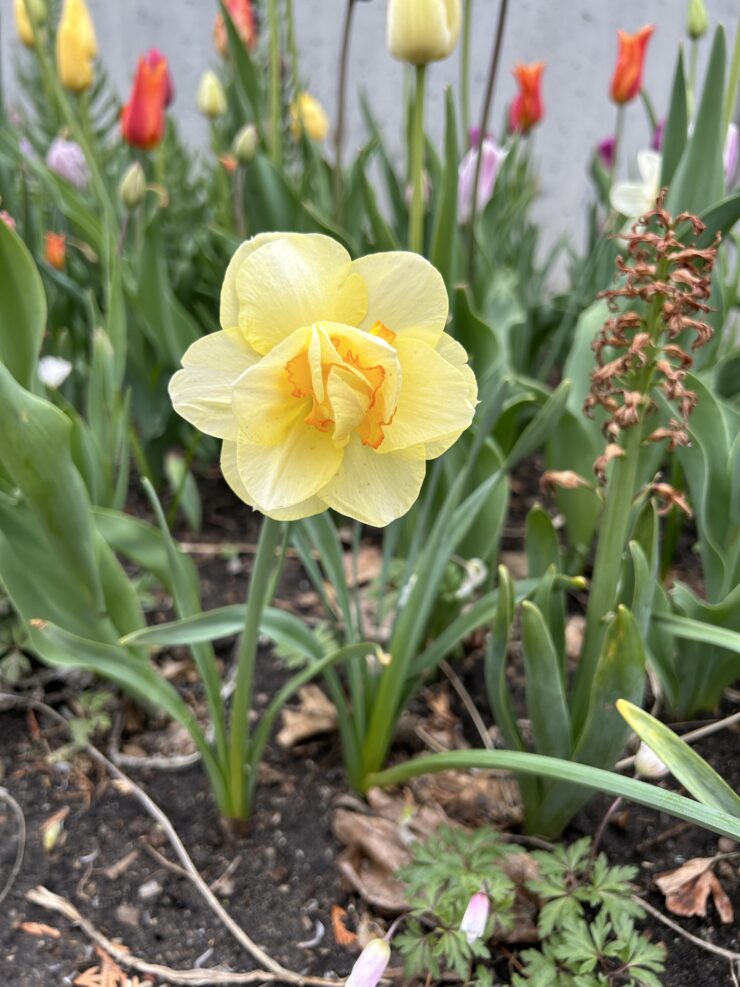
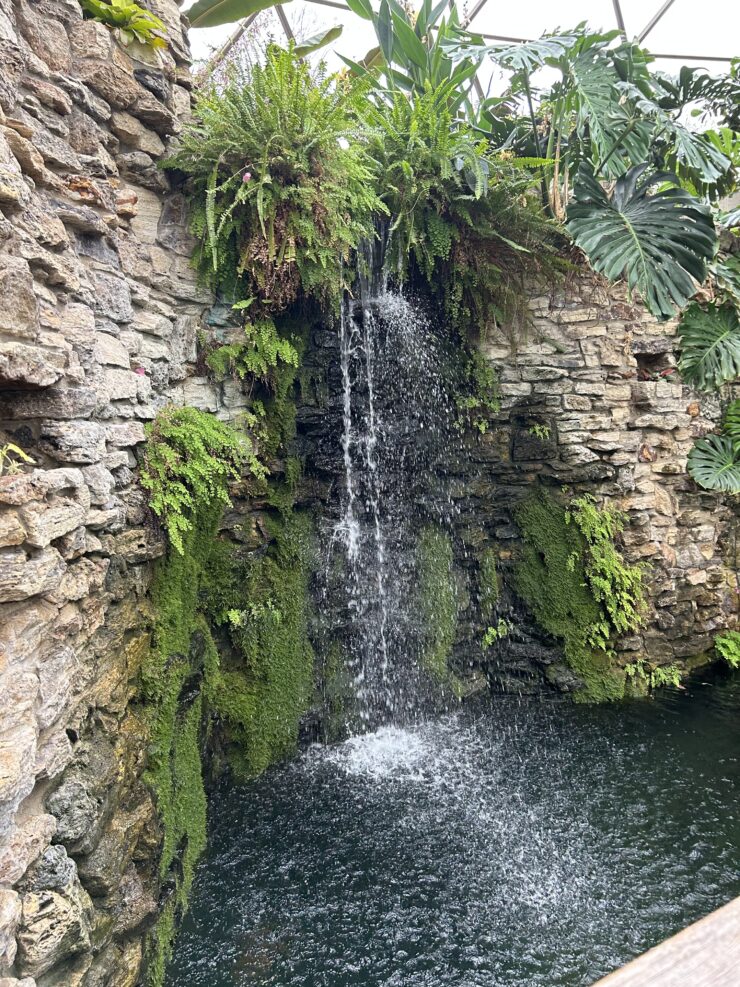
Des Moines Theater Scene
Another student-worthy activity, we suggest is student rushing a show at the Des Moines Civic Center. The arts are alive in Des Moines and nowhere is that more apparent than at the Civic Center in downtown Des Moines. Broadway shows regularly come through the city and perform at the Civic Center.
Students have the opportunity to see these shows at an affordable price due to the student rush tickets. If the show isn’t sold out, then Drake students can buy the unsold tickets two hours before the show at half the cost. This is an affordable and fun option for Drake students who love theater. Drake students can also catch one of the numerous on-campus shows throughout the year.
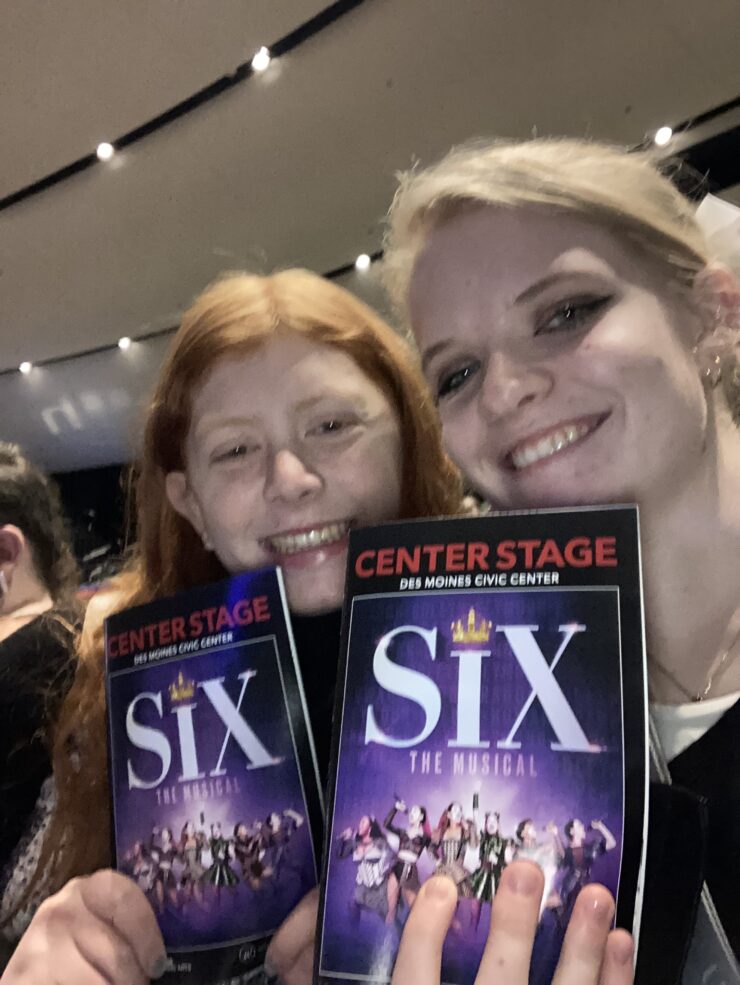
Blank Park Zoo and More Student-Worthy Activities
Lastly, a student-worthy activity we suggest is going to the Blank Park Zoo. The Blank Park Zoo has a bunch of adorable animals for all to enjoy. A baby giraffe was even born last year. Students can go with their friends and enjoy an afternoon in the animal kingdom. Animal lovers will enjoy getting to see the lovely creatures. There are even some peacocks that run free, students can make friends with them.
Never have a boring weekend again, enjoy these student-worthy activities and more. Des Moines is a vibrant city with lots of student-worthy activities for all to enjoy. Artsy, sporty, and nature lovers alike will find a student-worthy activity perfect for them and their friends.
